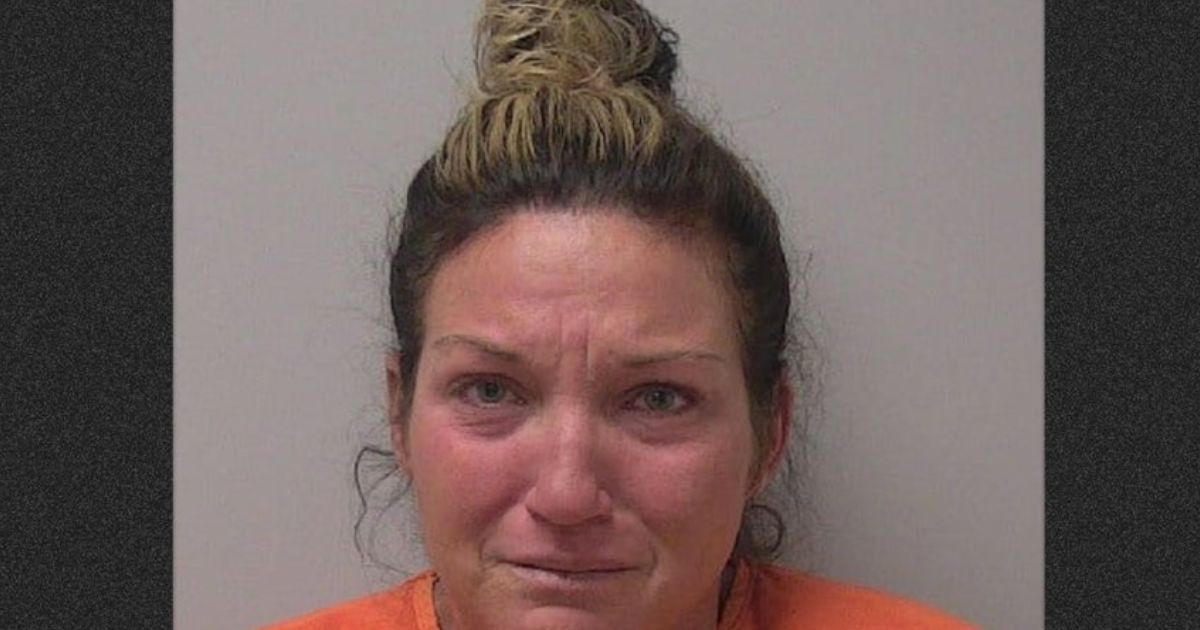Kandise L. Sheahen, a 38-year-old nurse from Wausau, Wisconsin, was sentenced to nine months in prison followed by six years of probation for the negligent death of her 80-year-old grandmother.
The case stemmed from Sheahen’s decision to replace her grandmother’s prescribed diabetes medication, consisting mainly of insulin, with supplements she sold online and “prayers,” which she touted on social media. This dangerous substitution, authorities say, led to the elderly woman’s death from diabetic ketoacidosis in 2022.
View this post on Instagram
Assistant District Attorney Sidney Brubacher, who prosecuted the case in Marathon County, expressed deep frustration over the relatively light sentence. “I argued for six years in prison,” Brubacher told Law&Crime shortly after the sentencing. He emphasized that he had detailed the gravity of Sheahen’s offense, noting that she “knew she was doing something wrong and tried to cover it up.”
He further highlighted her background as a nurse who was fired for refusing a COVID vaccine but continued to treat patients illegally. Describing Sheahen as a “danger” to society and the public, Brubacher lamented, “The judge just ignored me completely. Said she thought she wasn’t a danger to the public.”
Sheahen was convicted in May of negligently subjecting an individual at risk to abuse resulting in death. Jurors in the Marathon County Circuit Court deliberated for just over two hours before reaching a verdict. Key evidence included audio recordings from Sheahen’s social media posts where she openly discussed her alternate treatment methods for her grandmother’s diabetes.
“My goal in doing this is truly to be the hands and feet of Jesus,” Sheahen said in one video. “I truly want to help people. And I want them to get off all the crap that the healthcare system puts them on.”
Prayers instead of insulin. Didn’t work. Prayers instead of stricter gun control law don’t work either.https://t.co/B31HaPORfQ
— Erik Lipkin (@ErikLipkin) August 29, 2025
In these videos, she detailed her grandmother’s original medication regimen: “She was on 18 different pills. She was on 70 some units of the long-acting insulin twice a day, and like 30 or 40 of the short-acting.” As Sheahen put it, over time and with what she described as divine knowledge and strength, she realized, “Hold on, like let’s, we don’t need this much. This is ridiculous.”
She also claimed on social media that after switching her grandmother to her supplement regimen, the elderly woman was “down on her insulin and off her Tylenol.”
Sheahen did not limit her guidance to her grandmother; she criticized and encouraged followers online to abandon medical treatments in favor of her methods. “Trust Jesus, say your prayers, and take your vitamins,” she proclaimed.
To one social media user with a diabetic spouse, she warned, “Diane, get Gus off his f—-ng insulin before he gets sick.” Brubacher described Sheahen as someone who “clearly and repeatedly said, ‘I don’t believe in insulin, I think the medical practice is letting people down. So yeah, she’s a threat to the public.’”
BREAKING: During further investigation, a detective said Kandise Sheahen took the woman off of her prescribed medication and began treating her with non-FDA-approved supplements. https://t.co/hiNGzyUlyv
— WSAW (@WSAW) June 17, 2022
Medical records presented at trial revealed the grandmother’s dangerously elevated blood glucose levels, often measuring between 300 and 500, and rising to over 600 at the time of her death, a range that can quickly lead to coma and death if untreated.
Despite this, Sheahen refused paramedics access to check vitals or transport her grandmother to a hospital when they arrived at her home on January 8, 2022. The autopsy confirmed diabetic ketoacidosis as the cause of death, compounded by conditions including a COVID infection, cardiac issues, and the presence of a catheter and IV that had no medical order.
Moreover, Sheahen attempted to have her grandmother cremated within 24 hours of death, a move that raised suspicions within the family. One family member intervened, calling the police to investigate.
Brubacher characterized Sheahen’s behavior as “predatory” and noted a stark division within the family, some members stood by Sheahen and even supported her during sentencing, while others felt the sentence was a “travesty and joke” and a slap in the face for the gravity of the crime. “I don’t think the family will ever come together,” said Brubacher.
“A lot of the family who are in support of her gave statements for her [at the sentencing hearing]. And then there are other family members who think it’s just a travesty and joke.”
Sheahen’s grandmother had been on diabetic medication for about 30 years before the granddaughter’s intervention. The supplements Sheahen gave to her grandmother were undisclosed but were used in place of the 70 units of long-acting insulin and 30 to 40 units of short-acting insulin the elderly woman needed daily for her T1 or T2 diabetes.
Despite the prosecution calling for a much stricter punishment, including six years in prison, Judge Suzanne O’Neill sentenced Sheahen to less than a year behind bars, citing that she did not find Sheahen to be a danger to the public. This ruling drew sharp criticism from Brubacher and some family members, given the preventable nature of the death and Sheahen’s deliberate rejection of established medical care in favor of unproven supplements and religious faith-based healing.













